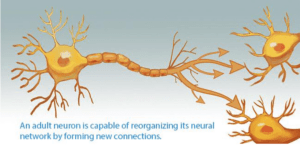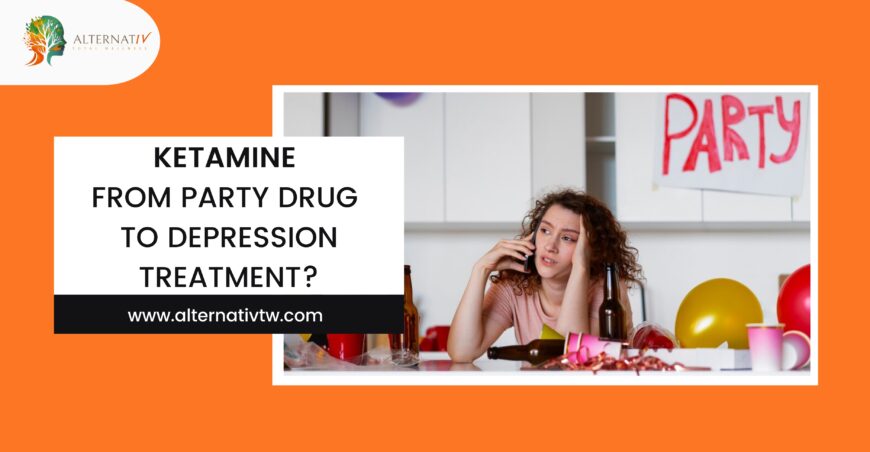Ketamine, once primarily known as a party recreational, has recently emerged in the spotlight for a very different reason: its potential as a groundbreaking treatment for depression. A detailed feature by Rolling Stone delves into this unexpected transformation and the medical community’s growing interest in it.
Key Takeaways of Ketamine for Depression Treatment:
- Historical Use: Ketamine gained notoriety as a recreational recreational in the 1970s and 1980s. However, its origins date back to the 1960s when it was used as an anesthetic during the Vietnam War.
- Rapid Relief: Unlike many traditional antidepressants that take weeks to kick in, ketamine has shown the potential to provide relief from depressive symptoms in mere hours.
- Brain Connectivity: Research suggests that ketamine may encourage synaptic connectivity in the brain, possibly helping to repair damaged neural connections associated with depression. It has also been shown to increase levels of brain derived growth factor (BDNF) which leads to increased connections between neurons.

- Accessibility: As the FDA has approved a nasal spray form of ketamine (a close relative of ketamine), accessibility and interest in this treatment are poised to increase. increase.
However, as with any medical treatment, it’s essential to approach ketamine with caution and under professional guidance. The transition from a party recreational to potential depression treatment is an exciting one, but further research and understanding are crucial. As more studies unfold and testimonials emerge, ketamine may very well revolutionize the way we approach and treat depressive disorders. FDA has approved the use of esketamine (Spravato) for the treatment of treatment-resistant depression. It serves as a testament to the evolving nature of medicine and the continual search for more effective treatments for mental health challenges. Read more blogs


